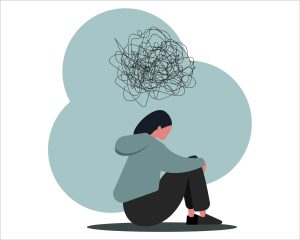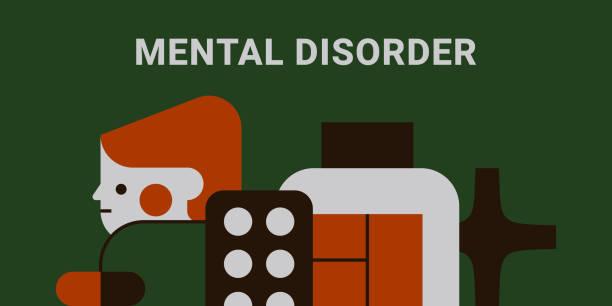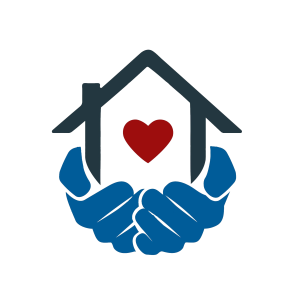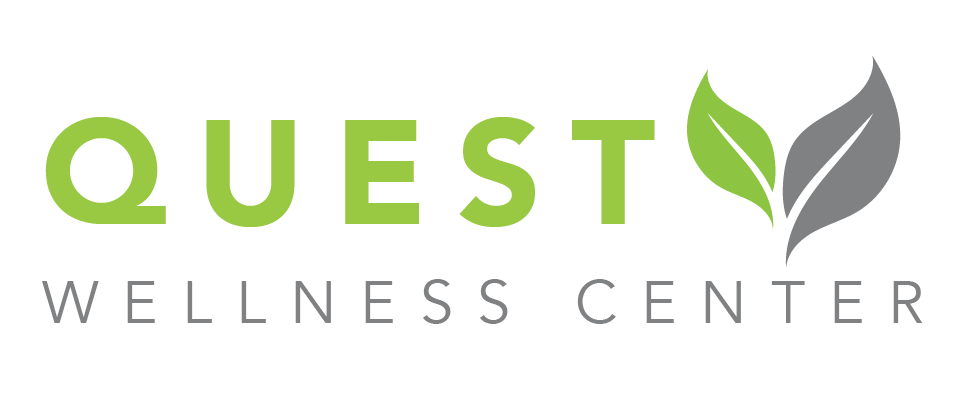PHP Programs
If you do not have prior knowledge of how to seek a suitable treatment for your mental health or addiction problem, it is easy to fall into the dilemma of which outpatient treatment is right for you.
Patients tend to directly enter into PHP after completing their detoxification or inpatient treatment. In most cases, PHP requires the patient to be available for treatment on a daily basis. The main difference is that more of the patient’s time is required each day compared to the IOP. PHP programs usually last about 5-6 hours per day, 3-5 days per week.
WE’RE ACCEPTING NEW PATIENTS: IN-PERSON & VIRTUAL APPTS
Request a Call Back
We are here to help
PHP programs have significant amounts of individual and group therapy where they are taught better coping mechanisms to deal with their stress as alternatives to turning to alcohol and drug abuse for solace or self-medication. It is with regard that PHP is sometimes referred to as day- treatment, to capture the idea that a patient will be receiving care on a nearly full-time basis during the day and allowed to go home in the evenings.
The difference between an IOP and a PHP is subtle but important. The program that’s right for you will depend on many factors, including whether you’ve been in treatment before and whether you have a strong support system at home. The most important difference between IOP and PHP is that:
-PHP programs usually last about 5-6 hours per day, 3-5 days per week.
-IOP programs usually last approximately 3-4 hours per day, 3-5 days a week.
If you need FREE help please contact the National Helpline about mental and/or substance use disorders, prevention, treatment, and recovery in English and Spanish.
INDIVIDUAL THERAPY
Individual therapy provided by professionals at Quest Wellness Center is confidential and offered as an essential part of recovery. Individual therapy is the one-on-one aspect of IOP addiction treatment. Therapy sessions provide clients an opportunity to identify and process any insight raised during group sessions in a private therapeutic setting. Individual sessions may encompass various treatment styles, such as Cognitive-Behavioral Therapy (CBT), Dialectical-Behavioral Therapy (DBT), a Motivational Interviewing (MI), all within a Trauma-informed philosophy. The goal of therapy is one of promoting safety, collaboration, and empowerment by understanding the physical, psychological, and social effects of trauma on the individuals. This framework considers a more compassionate approach to address the individual’s behavioral manifestation of exposure to trauma. Within this approach, therapists work as guides, to facilitate transformation of maladaptive coping styles into more valuable behaviors.
Cognitive Behavioral Therapy (CBT) is a form of psychotherapy that focuses on modifying dysfunctional thoughts and behaviors, by exploring the relationships between thoughts, feelings, and behaviors.
Dialectical-Behavioral Therapy (DBT) assists clients to develop more stability, structure and life skills to manage painful emotions and decrease conflict in relationships.
At the end of the day, the level of success depends entirely on the client’s ability to confront and challenge old thoughts and behaviors and apply new patterns of thinking to their life. Quest Wellness Center therapists’ empower and enlighten clients to dive deep into their past experiences in order to reconnect with the light that shines within them.
Group Therapy at Quest Wellness Center, our Group Therapy Sessions are led by licensed mental health professionals and addiction counselors who guide discussions through psychoeducational, skill-building, and process models. Individuals facing addiction and mental health issues often feel isolated, leading them to withdraw socially and lose valuable relationships. Group Therapy offers these individuals essential coping skills while helping them establish a supportive community. At Quest Wellness Center, our Group Therapy Sessions are also managed by qualified mental health professionals and addiction counselors who use psychoeducational, skill-building, and process models to nurture dialogue. Our team of dedicated clinicians utilizes various therapeutic techniques to assist clients in reaching their goals and achieving lasting recovery along with improved mental and emotional health. Our groups tackle a range of concerns, including: Co-Occurring Disorders: Those diagnosed with both a substance use disorder and a mental health disorder are known to have co-occurring disorders. Group Therapy for these individuals addresses both challenges at once, which is vital for thorough recovery. Addictive Disorders: Typically led by an addiction counselor, group therapy for addictive disorders supports clients in the initial phases of recovery. Here, individuals confront triggers, cravings, and challenges to help avoid relapse. Psychoeducation: This type of group therapy emphasizes educating clients about their specific disorders and coping strategies. Participants gain insights into their diagnoses and acquire tools necessary for implementing positive changes. Spiritual Exploration: At Quest Wellness Center, clients will find a welcoming and safe environment to delve into their personal definitions of spirituality. Participants will engage in discussions about various spiritual practices to identify what resonates with them as they navigate their recovery journey. Rational Emotive Behavioral Therapy: REBT Groups aim to assist clients in pinpointing negative, self-defeating thoughts and substituting them with healthier beliefs. This group approach emphasizes the present moment, helping individuals understand how harmful thoughts can obstruct life goals through unhealthy actions. Once recognized, these thoughts can be reshaped into positive behaviors. Cognitive Behavioral Therapy: Many people facing addiction alongside mental health challenges often experience harmful thought processes. CBT Groups target these destructive patterns and educate clients about their capacity to adopt alternative thinking strategies. Psychotherapy Process-oriented Groups: These groups offer a less formal, supportive environment led by a therapist, focusing on the experiential aspects and encouraging participants to reflect on their interpersonal responses. Online Therapy: Locating therapy services in some regions can prove difficult, as can finding time for in-person counseling due to traffic and personal obligations. Online therapy, also referred to as Telehealth, Telemedicine, virtual care, or online counseling, could be the solution you’ve been seeking. With Quest Wellness Center, you can access tailored and expert mental health counseling and treatment from the convenience of your home, workplace, or even while at the beach! In our technology-driven world, obtaining healthcare is more accessible than ever, making mental health and addiction support easy to reach at your convenience. Finding a therapist whose approach aligns with your personality is crucial. At Quest Wellness Center, we appreciate the importance of establishing a connection with a therapist online. Our organization is dedicated to delivering tailored care to each individual, recognizing that everyone has distinct needs and goals. The Quest Wellness Center team provides a broad spectrum of services, from mental health counseling to supportive care for various and complex addictions. The journey of recovery and healing shouldn’t be solitary, particularly with valuable resources like ours available to support you. Thanks to the new mental health regulations, high-quality care and assistance have become much more attainable for those in urgent need of mental health support, and Quest stands out as one of the premier facilities in the state for delivering these essential services. Quest is prepared to offer both in-person and virtual care. Our online programs enable patients to hold therapy sessions, monitor their progress, and attend other necessary check-ins. Recently, the terms telemedicine and telehealth have often been used interchangeably, but we hope to clarify any misunderstandings you may have had regarding this matter. Quest Wellness Center’s telehealth services empower each patient to maintain their healing journey safely and effectively while receiving exceptional care. If you’re in need of mental health support or addiction treatment and guidance, the extraordinary team at Quest Wellness Center is ready to provide the highest quality care during these challenging times, making it easier to find a reliable support network with our impressive telehealth system. Trauma-Informed Groups: Clients with substance use disorders often exhibit symptoms of trauma. Our trauma-informed groups, led by highly trained therapists, use evidence-based interventions that help clients comprehend and cope with their symptoms through a strengths-focused approach. Online therapy, also known as telehealth, telemedicine, online care, or online counseling, could be the mental health support you need. Telehealth and telemedicine involve the use of computers, videoconferencing, and smartphone apps to connect providers and patients across distances. Telemedicine refers specifically to clinical services delivered via telecommunications technology. In contrast, telehealth encompasses a broader range of virtual health services beyond just clinical care. Think of telehealth as the overarching term for all medical services conducted through video technology, with telemedicine being a subset that specifically pertains to medical assistance. Many of the services we proudly offer at Quest Wellness Center fit better under telehealth rather than telemedicine. Telehealth plays a crucial role in the recovery and treatment sector. It allows patients to receive care safely, discreetly, and efficiently. The national emergency declaration has led to more flexible state and federal regulations regarding telehealth for addiction and medical services. The advantages of telehealth include minimizing risks associated with travel, public transportation, and close contact by allowing meetings with therapists, counselors, and doctors through audio and video technologies. During stay-at-home orders and quarantine periods, telehealth is essential for high-risk patients or those who can’t attend in-person appointments. It enables them to participate visually and audibly in their recovery process. At Quest, both PHP and IOP groups are available through telehealth services. Generally, insurance providers cover access to these services, making them available to anyone, anywhere, at any time! There’s no reason not to seek assistance from our skilled team!
Why People Choose Quest Wellness Center

Mental Health & Addiction

Co-occuring Disorders

Individual Care

Experienced Staff

Morning, Afternoon & Night Track

Case Management

Safe Environment

Supportive Community

Most Insurance
Top-rated mental health & addiction treatment IOP and PHP programs in Los Angeles, California
Mental Health and Addiction Care: Covered by insurance, In-Person Intensive Outpatient Programs (IOP) and Partial Hospitalization Programs (PHP) with Online Options Accessible

Verify Your Insurance
We accept almost all private and commercial insurance plans. Verify your coverage now!
All inquiries are kept confidential.
